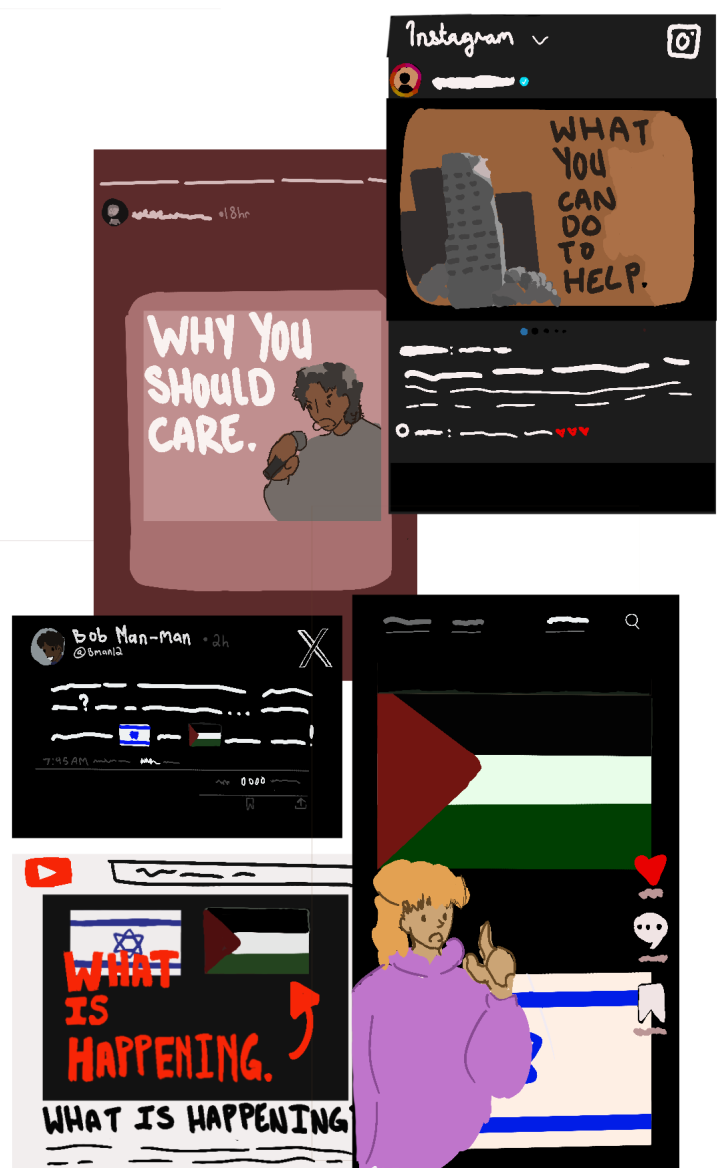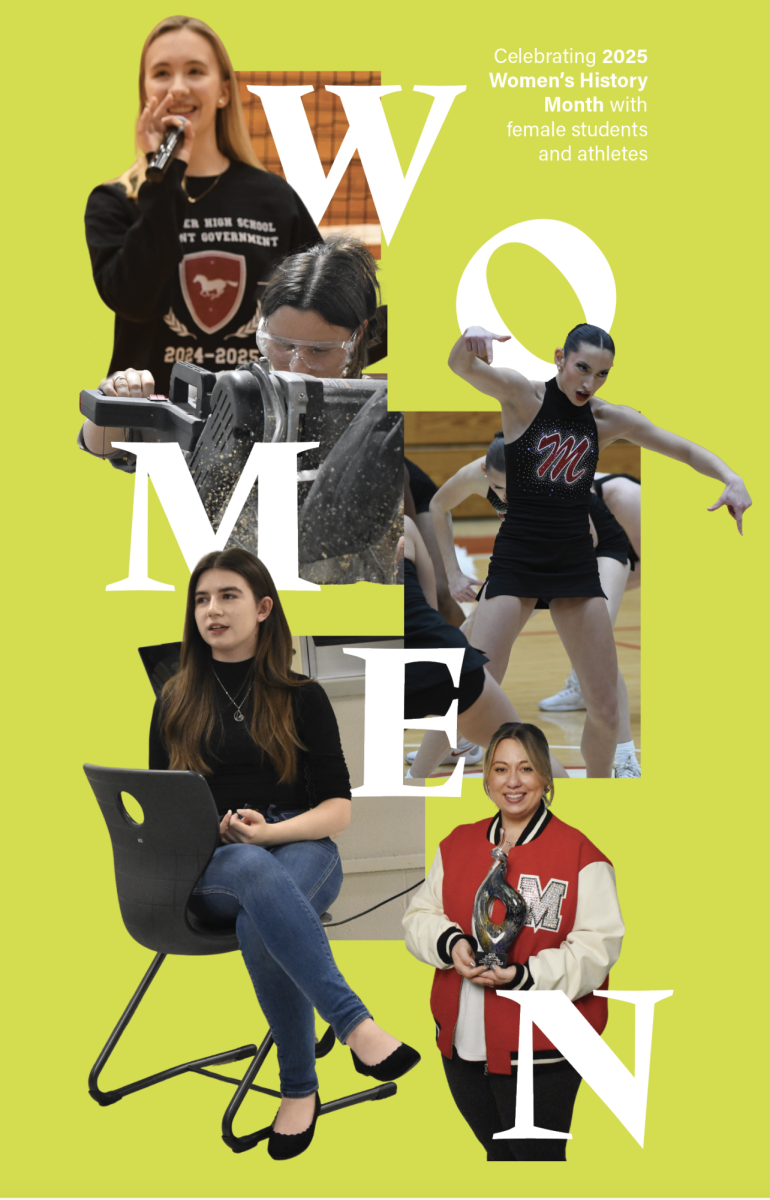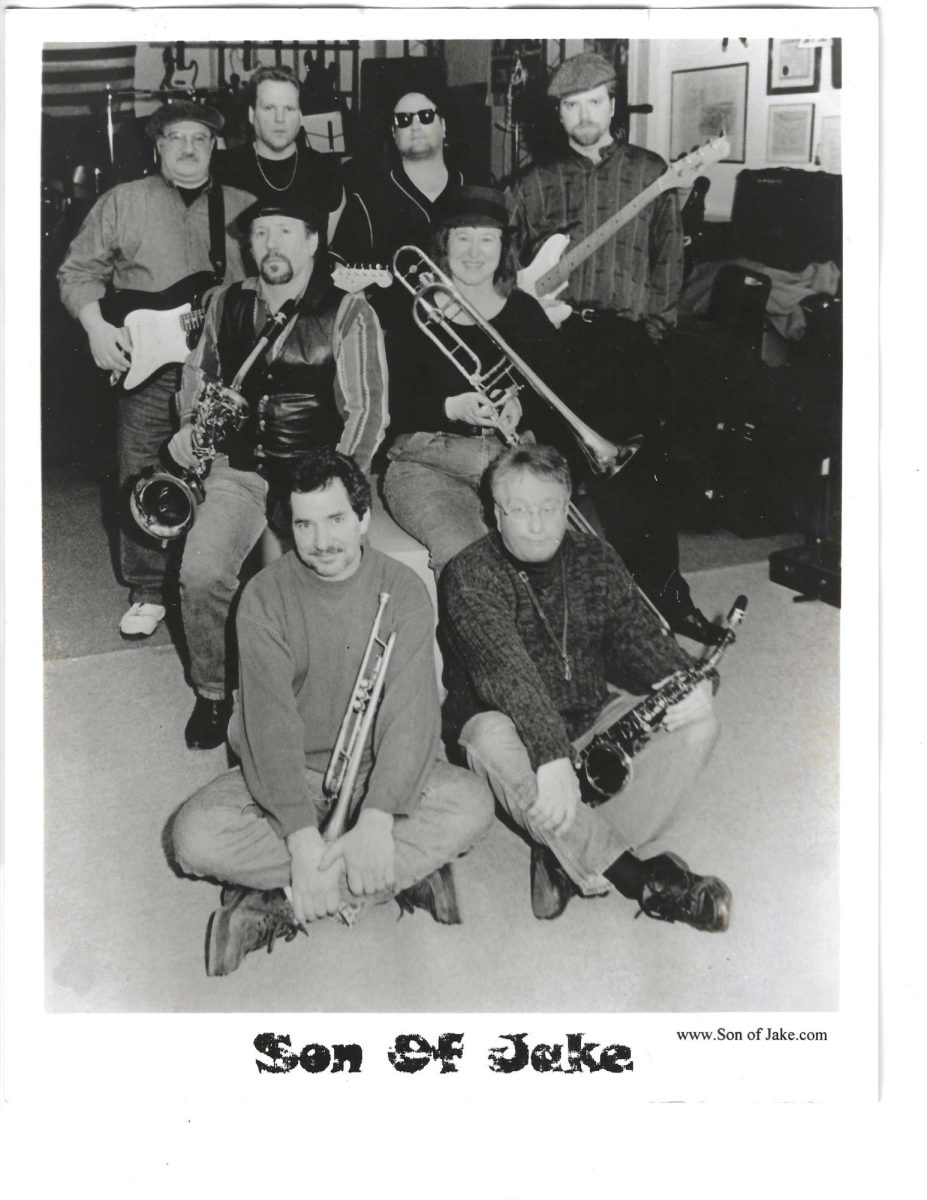If you’re one of the people who enjoy scrolling through social media while you eat your morning cereal, or right before you try to fall asleep, then you might have noticed the recurring trend infesting our society as of right now: misinformation.
According to Lauren Hoogeveen, senior and Editor-in-Chief of Crier, people are constantly misinformed because of the personal burdens woven right into the very news we are trying to understand. She expressed that digging deeper into a story or source is vital to understanding every perspective.
“I think that’s one thing that a lot of people don’t do,” Lauren Hoogeveen said. “They’ll go find one article and read about it, and just take their word for it.”
Scrolling through social media like Instagram and Snapchat are good places to primarily obtain news, but checking your sources and doing further research is the best way to ensure you’re obtaining all the information, disregarding any personal opinion someone may have twisted into it.
“If there’s no credits given to any author then it’s typically something fake,” Asha Patel, junior, said. “A lot of the time, information can be mistaken as fact instead of personalized information on something. When you take that into account solely as your source, you tend to be swayed to one side or another.”
The process in which we retrieve information, whether it be hearing it through the news, gossip, or social media, can be manipulated according to how the information is presented to us. By solely selecting your news off the internet, it can promote opinionated standpoints that further confuse the main storyline.
“I dont automatically assume anything is wrong, I just consider it more of a viewpoint on an issue rather than an official statement.” Asha said. “I like to look at blogs to see a lot of different takes on something, but ultimately, I think the truth lies in the facts.”
The organizations presenting the information to us are only human, so naturally we are bombarded with empathy and discouragement. A recent survey conducted by Gallup showed that just 7% of Americans have above average trust in the media.
“I don’t really look at the news or anything; It’s unmotivating and sad.” Christian Leyva, senior, said. “I go on TikTok and Instagram and look for the blue verified check mark or if they have a lot of followers, I never really fact-check if it doesn’t affect me.”
As teenagers, it’s hard to know what’s true and what’s not. Even after diving deep into a pool of variously sourced media, sorting out the facts can boggle your mind.
“For me personally, it’s hard to understand what’s going on when there’s so much contradicting each other,” Lauren said. “I think when you get the actual newspaper, you get a more in depth, detailed and nuanced version of the story.”
While Lauren believes social media platforms are a great place to primarily get news on the latest happenings and draw people into various publications’ coverage, she believes printed newspapers and their online websites are more reliable.
“Giving your opinion is not necessarily bad when it comes to what’s going on in the world,” Lauren said. “It’s when people twist the facts to fit their opinion. That’s what makes people not trust news.”
To Trust or Not To
Student’ survey responses of whether they have a trusted news source or not

-
43% said they have a trusted news source (beige)
-
31% said they didn’t have a trusted news source (pink)
-
26% said they don’t keep up with news (blue)









